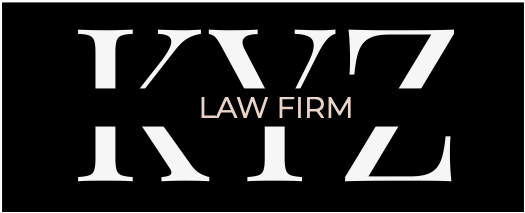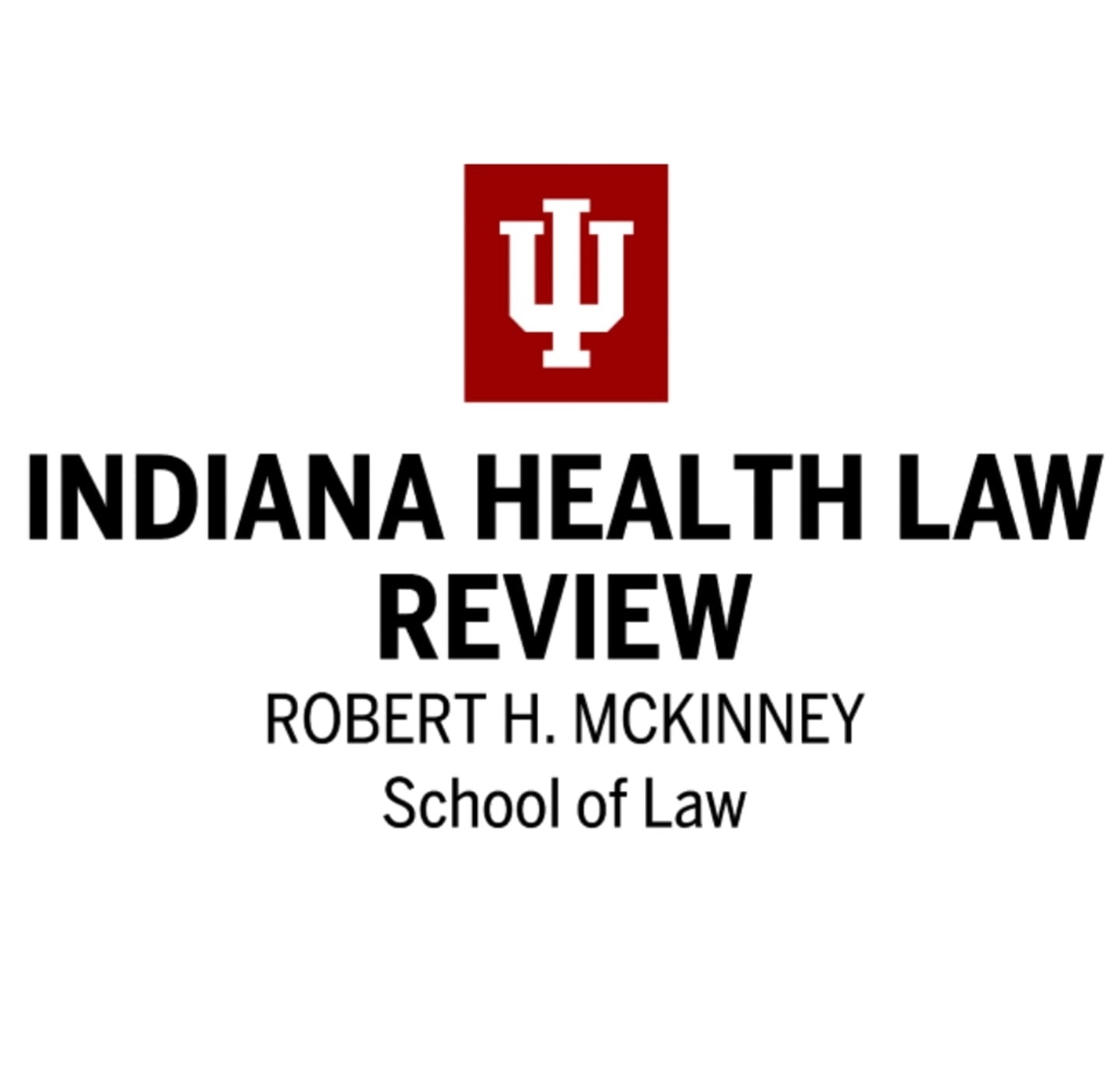Author: Jane Kim, J.D., LLM
Published: 2017-10-10
Citation: 14:1 Ind. Health L. Rev. 129 (2017)
TABLE OF CONTENTS
I. INTRODUCTION
II. GOVERNMENT EFFORTS TO COMBAT FRAUD AND ABUSE WITHIN THE HEALTH INDUSTRY
III. THE DEVELOPMENT OF THE RESPONSIBLE CORPORATE OFFICER DOCTRINE
A. Development of the Responsible Corporate Officer Doctrine
B. Who Is Responsible Under the Responsible Corporate Officer Doctrine and Who Else Should Be Held Responsible?
C. Industries Most Affected by the Responsible Corporate Officer Doctrine
D. Defenses to Responsible Corporate Officer Doctrine
E. Civil Remedies of Exclusion
1. Exclusions of Individuals by the OIG
2. Exclusion of Entities by DOJ
A. Sales Personnel, Misbranding and Inadequate Compliance Program
B. The Trio’s Defenses
C. Others Involved in the Oxycontine and the Illicit Drug Scandal
D. The Trio’s Plea Deal
E. Considering and Accepting the Trio’s Guilty Plea
F. RCOD Resulting in Exclusion Does Not Violate Due Process
G. Conflict of Interest and Indemnification
VI. CONCLUSION
I. INTRODUCTION
Fraud and abuse in the healthcare system has reached staggering proportions.[1] The healthcare industry as a whole comprises 18% of the total GDP.[2] In 2015, the U.S. government allocated a third of the $3.7 trillion federal budget, or $1,010 billion,[3] to Medicare and Medicaid programs. Fraud and other misconduct across the entire health system accounts for up to $272 billion or more than 25% of overall healthcare budget.[4] The situation has become so dire that there is even a most wanted healthcare fugitives list seeking people’s assistance to apprehend health fraud fugitives.[5]
Despite the government’s aggressive efforts to combat fraud and abuse within the health industry and doing so successfully,[6] it never seems sufficient enough. Flowing from those efforts to combat fraud and abuse, the Office of Inspector General (“OIG”) has pricked our consciousness with the Responsible Corporate Officer Doctrine (“RCOD”), whereby corporate officers are personally liable for the conduct of their companies. Daniel R. Levinson, Inspector General of the Department of Health and Human Services (“HHS”), in his keynote address called for an “individual accountability,” stating that the “OIG is focused on holding Responsible Corporate Officials accountable for healthcare fraud.”[7]
Under the RCOD, “corporate officers are subject to both civil and criminal liability,” misdemeanor and felony convictions, “for corporate violations of statutes affecting public welfare.”[8] Public welfare laws include “environmental laws . . . securities laws, as well as consumer fraud, deceptive mortgage lending practices, antitrust violations, failures in recordkeeping of controlled substances, sales tax violations, liability under the Sarbanes-Oxley Act . . . .”[9] They also encompass health-related laws under the Food and Drug Administration (“FDA”), the Health Insurance Portability and Accountability Act (“HIPAA”), and various fraud and abuse laws impacting the health industry consisting, primarily, of the durable equipment, medical devices, pharmaceutical industry, and providers of healthcare.
The RCOD and “strict liability misdemeanor” offenses are terms that are often used interchangeably. The notion of being held strictly liable for something criminally is unsettling, and it is instilling fear and helplessness in corporate officers.[10] Often this phrase is used in reference to the frequently invoked Section on Prohibited Acts pursuant to the FDA.[11] Of note, however, the Section does not use the term “strict liability.” Therefore, the phrase “strict liability misdemeanor” is a misnomer or an industry phrase that is not proper at law although referenced widely by courts and legal professionals alike.
“Strict liability” is a legal term of art and was developed to avoid proving the elements of negligence in a civil case. Strict liability is designed to regulate actions, behavior and activities that are per se unusually dangerous or harmful. On the other hand, “misdemeanor” is a criminal phrase that, as a way of punishment, carries a term of imprisonment under one year. Conflating these two very distinct legal concepts (civil and criminal) into one phrase is oxymoronic, and the RCOD may be to blame, in that under the RCOD a corporate officer may be facing either civil or criminal repercussions, or both, without intent to commit the act. A civil remedy is by way of exclusion from participation in federal and state healthcare programs and/or a fine; and a criminal remedy is a term of years in prison or probation and/or restitution.
Whenever the government invokes the RCOD, however, it is “making an entire industry nervous,”[12] in that it is commonly perceived as the “crime of doing nothing.”[13] For instance, with regard to drugs in the health field, “[The] government need not prove knowledge or awareness that the drugs are misbranded or an intent to deceive or defraud” in order to impose criminal liability for misbranding drugs in interstate commerce.[14] “The word ‘responsible’ in the doctrine’s name does not mean that the individual is responsible for the misconduct . . . .”[15] That is, “while a director will be safe from civil liability by operation of the ‘business judgment rule’ when he or she fulfills his or her . . . oversight duties, the director can be held criminally responsible by operation of the RCO doctrine even if he or she did not know that company employees had violated public welfare laws.”[16]
Thus, one does not have to participate in nefarious activities to be individually and criminally responsible under the RCOD. A valid concern arises that nothing but humility and self-restraint stand in the way of government overreaching. Understandably, this is an unsettling thought.
This paper explores whether the fears of the RCOD within the health industry are misplaced. Part I reviews the government’s efforts to combat fraud and abuse within the health industry. Part II tracks the development of the RCOD over time, including its progression to exclude entities and individuals from participation in federal reimbursement programs as one of the most potent remedies to combat fraud and abuse. Part II further explores who may actually be found responsible under the RCOD, together with a proposed solution to an obvious constitutional challenge (subsection B); industries most affected by the RCOD to date (subsection C); and available defenses under the RCOD (subsection D). In Part III, the paper examines the much-criticized case of Purdue Frederick Company and the exclusion from participation in federal programs of its corporate officers,[17] advocating the minority argument that the government appropriately utilized the remedies available to it under the RCOD given the applicable law and facts of the case. Part III further explores conflict of interest and indemnification issues arising under the RCOD. Finally, Part IV discusses how robust and effective compliance programs are one of the most effective ways to avoid becoming a target under the RCOD.
* Jane Kim is a law partner at KYZ Law P.C. focusing on civil litigation and healthcare regulatory and compliance matters. She has received her undergraduate degree at The School of the Art Institute of Chicago, J.D. degree at John Marshal Law School of Chicago and an LL.M. in Health Law with Concentration in Compliance Studies at Loyola University Chicago School of Law, further including a Certificate in Healthcare Compliance. My gratitude goes to Prof. Larry Singer, Director of the Beazley Institute for Health Law and Policy, for posing difficult questions.
[1] See United States v. Esformes et al., U.S. Dep’t Just., https://www.justice.gov [https://perma.cc/B97A-ZB2H] (last visited October 4, 2016) (The largest healthcare fraud scheme to date was primarily perpetrated by a single individual and allegedly involved over $1 billion in “services that were medically unnecessary, never provided, and procured through the payment of kickbacks and bribes.”).
[2] The Economic Case for Healthcare Reform, White House, https://www.whitehouse.gov [https://perma.cc/GL9U-J8NZ] (last visited Aug. 28, 2015).
[3] Office of Budget, HHS FY2015 Budget in Brief, HHS.gov, http://www.hhs.gov/ [https://perma.cc/8NKF-DDZ7] (last updated June 4, 2014).
[4] The $272 billion swindle: Why thieves love America’s health-care system, Economist (May 31, 2014), http://www.economist.com [https://perma.cc/6Y2M-W9A2].
[5] The fugitive list and its sought-after “members” haven’t changed since 2013. OIG Most Wanted Fugitives, U.S. Dep’t Health & Hum. Servs: Off. Inspector Gen., http://oig.hhs.gov/ [https://perma.cc/63DW-S8XQ] (last visited Aug. 1, 2015).
[6] U.S. Dep’t of Just., Justice Department Recovers Over $4.7 Billion from False Claims Act Cases in Fiscal Year 2016, Third Highest Annual Recovery in FCA History, https://www.justice.gov [https://perma.cc/8PTZ-P5U5].
[7] Office of Inspector Gen., Highlights of the Keynote Address Delivered by Daniel R. Levinson, Inspector General of the Department of Health & Human Services, at the Healthcare Compliance Association Annual Compliance Institute 5 (Apr. 19, 2010), https://oig.hhs.gov/ [https://perma.cc/28GX-W98U].
[8] Id.
[9] Michael E. Clark, The Responsible Corporate Officer Doctrine, A Re-emergent Threat to General Counsel and Corporate Officers, 14 J. Healthcare Compliance 5, 6 (2012), http://www.duanemorris.com/ [https://perma.cc/63M8-K5UT] (quoting Martin Petrin, Circumscribing the “Prosecutor’s Ticket to Tag the Elite”: A Critique of the Responsible Corporate Officer Doctrine, 84 Temple L. Rev. 283, 289-290 (2011)).
[10] Brent J. Gurney et al., The Crime of Doing Nothing: Strict Liability for Corporate Officers Under the FDCA F-9 (2007), http://www.wilmerhale.com/ [https://perma.cc/SW5D-RQT2].
[11] 21 U.S.C. § 331 (2015).
[12] Jason M. Crawford, A Bitter Pill for the Pharmaceutical Industry? HHS-OIG's Enforcement of the Responsible Corporate Officer Doctrine, 17 Quinnipiac Health L.J. 45, 62 (2014), https://www.qu.edu/ [https://perma.cc/CN3C-UF7D]; quoting Ricardo Alonso-Zaldivar, Feds now target execs, not just companies, in health frauds, USA Today (May 31, 2011, 3:57 PM), http://usatoday30.usatoday.com [https://perma.cc/EL63-SP36]).
[13] Clark, supra note 9, at 5 (quoting Gurney et al., supra note 10).
[14] United States v. Articles of Drug, 825 F.2d 1238, 1246 (8th Cir. 1987).
[15] Kevin LaCroix, More About the Responsible Corporate Officer Doctrine, D & O Diary (March 8, 2010), http://www.dandodiary.com/ [https://perma.cc/M3U4-8DS9] (emphasis added).
[16] Clark, supra note 9, at 6 (emphasis added).
[17] United States v. Purdue Frederick Co., 495 F. Supp.2d 569 (W.D. Va. 2007); see also Friedman v. Sebelius, 755 F. Supp. 2d 98, 102 (D.D.C. 2010), rev'd, 686 F.3d 813 (D.C. Cir. 2012).
DOI: https://doi.org/10.18060/3911.0032
LINK: https://journals.indianapolis.iu.edu/index.php/ihlr/article/view/21706



